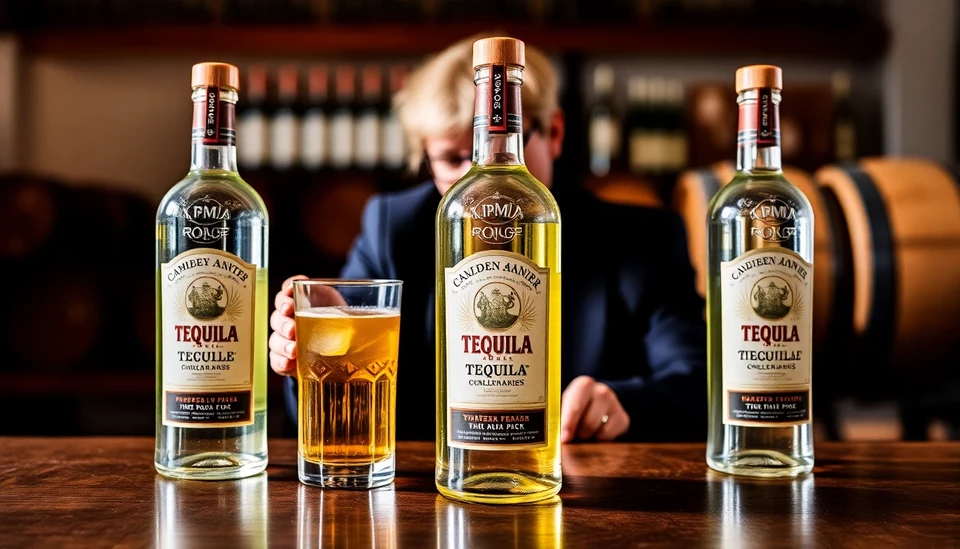
Recent developments in U.S. trade policy, particularly under the Trump administration, have sent shockwaves through the tequila manufacturing industry. Tariffs initially levied on imports have resulted in unforeseen consequences that are reshaping the landscape for many producers. As Mexican tequila makers brace themselves for a tumultuous market, the implications of these tariffs are becoming increasingly pronounced.
The tequila industry, a cultural and economic mainstay of Mexico, has found itself at the crossroads of international politics and commerce. In a striking turn of events, many tequila manufacturers are reporting significant downturns in exports to the United States—a key market that accounts for nearly 80% of tequila sales globally.
These tariffs, which were primarily aimed at protecting American manufacturers, have inadvertently harmed the very sectors they intended to support. Producers in Mexico are grappling with skyrocketing costs for agave, the essential plant from which tequila is derived, as the supply chain becomes strained by escalating trade barriers. This situation not only threatens the livelihoods of Mexican farmers but also jeopardizes the availability and quality of tequila for American consumers.
Experts suggest that the tariffs have not only increased costs for producers but have also caused confusion and instability in pricing within the marketplace. With fluctuating prices and restricted access to key ingredients, many smaller tequila brands are particularly vulnerable, facing the prospect of being priced out of the market altogether.
As a response to these challenges, some Mexican tequila producers have begun to explore alternative markets, including Europe and Asia, to offset losses from the U.S. However, these markets present their own challenges, including different regulatory standards and competition from local spirits. The transition is not without obstacles, forcing producers to invest in new marketing strategies and distribution channels.
Moreover, the implications extend beyond the tequila manufacturers themselves. This crisis is also detrimental to the economies of many rural communities in Mexico that rely heavily on agave cultivation and tequila production for economic sustenance. As the tariffs persist, there are growing concerns about the future of jobs and economic stability in these areas.
In conclusion, the equalization of trade policies and the recalibration of tariff structures may offer a path forward to mitigate the crisis facing the tequila industry. Stakeholders on both sides of the border are advocating for a reevaluation of current policies and are calling for collaborative efforts that foster fair trade without compromising the viability of producers. The tequila industry stands as a pivotal case study in the broader impact of protectionist trade measures, reflecting the complex interplay between commerce, culture, and diplomacy.
As both governments navigate these turbulent waters, the hope remains that a resolution can be reached that ensures the vitality of this cherished spirit and the communities that produce it. Until then, the tequila community remains in a state of flux, bracing for what’s to come.
#TequilaTariffs #TradeWars #TrumpAdministration #MexicanEconomy #Agave #SpiritsIndustry #CulturalImpact #InternationalTrade
Author: Daniel Foster




